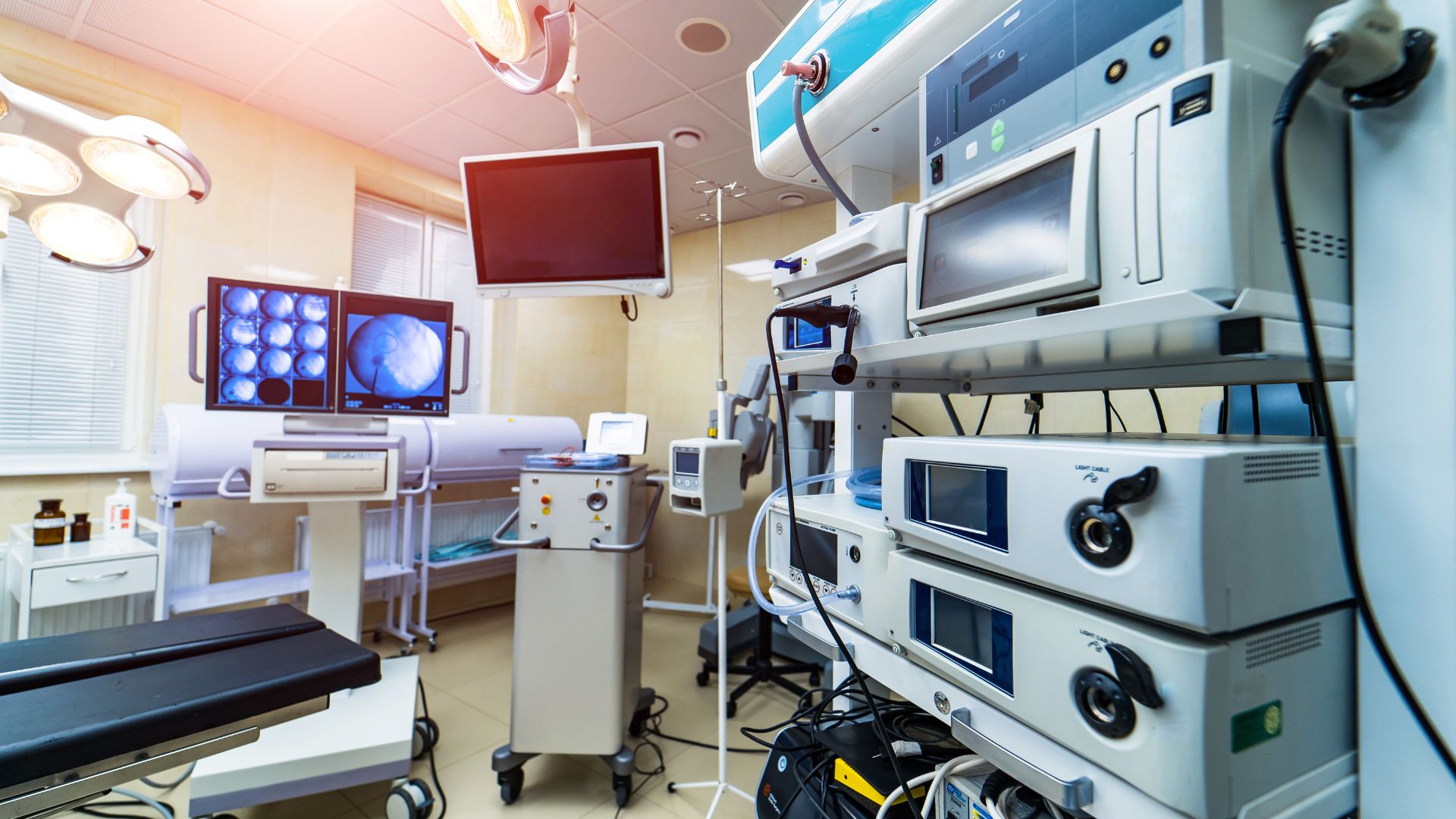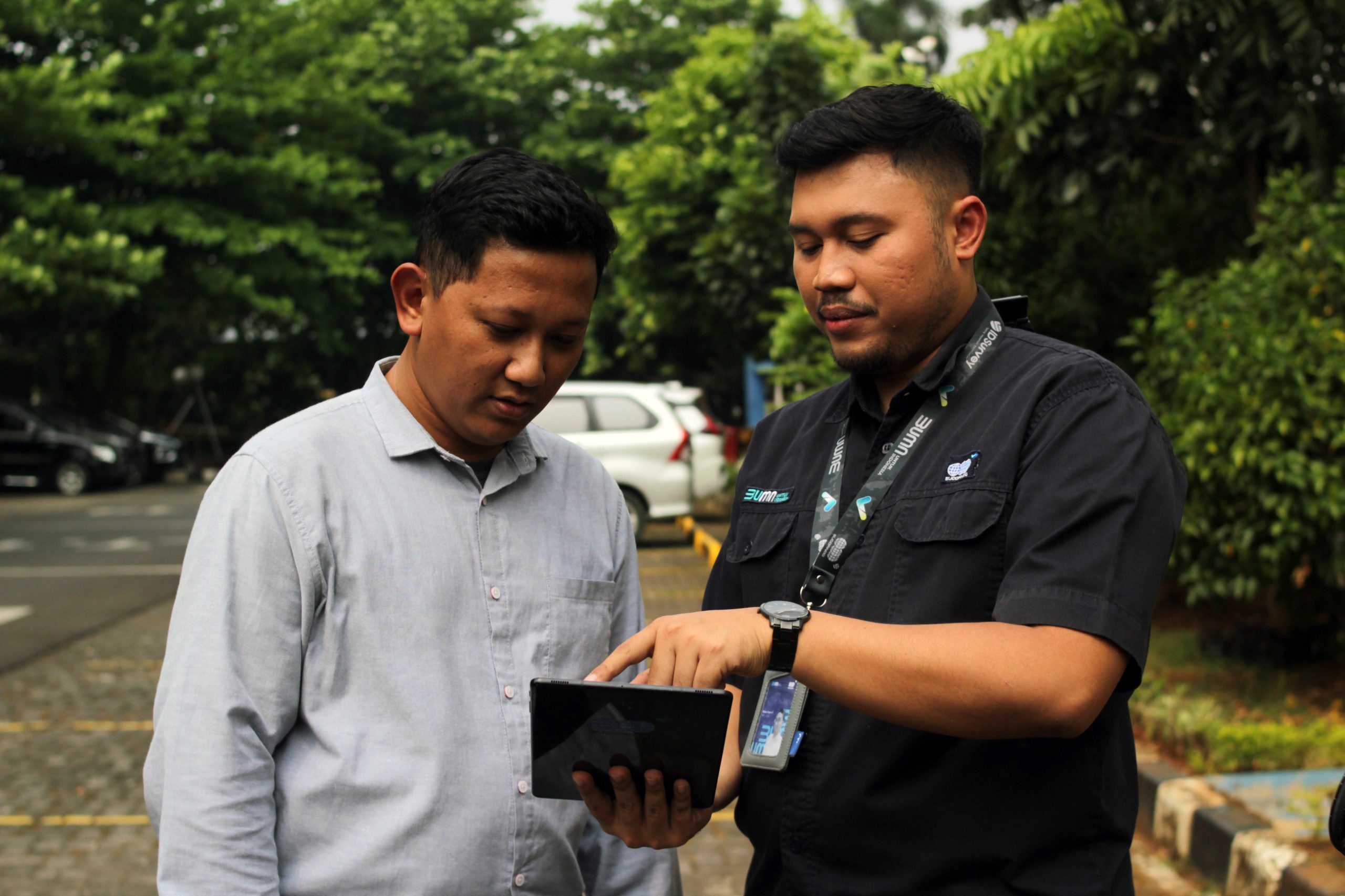Health equipment calibration is a process conducted to ensure that a medical device provides accurate and consistent results in accordance with established standards. The main purpose of this calibration is to minimize measurement errors or uncertainties in health equipment results.
The calibration process involves comparing the measurement results produced by a health device with known accurate reference standards. These standards are usually calibrated by accredited calibration laboratories and have reliable calibration traces. The comparison results are then used to adjust or improve the scale or settings of the health equipment so that it can provide results consistent with the correct values. Some health equipment that often requires calibration includes blood pressure monitors, thermometers, glucose meters, heart rate monitors, and electrocardiogram (EKG) devices.
Benefits of Health Equipment Calibration
- Measurement Accuracy: Ensures that medical devices provide accurate and reliable results, thus minimizing the risk of errors in diagnosis and treatment.
- Compliance with Standards: Ensures that medical devices meet quality and safety standards established by regulatory bodies or authorities.
- Improving Quality of Healthcare Services: By using calibrated health equipment, healthcare professionals can provide higher quality services to patients.
- Proper Device Maintenance: Routine calibration can also help detect problems or damage to medical devices and allow for timely repairs or maintenance.
- Accountability and Reliability of Health Data: Accurate measurement results and routine calibration help build trust in the health data generated by these devices.
In the context of the healthcare industry, particularly hospitals and other healthcare facilities, managing health equipment calibration is an important part of quality management systems aimed at ensuring that each medical device operates with a high level of accuracy according to medical needs.
Digital Transformation in Health Equipment
In an era driven by technology, digital transformation is the key to optimizing various sectors, including the healthcare industry. By utilizing data management software and integrated systems, calibration companies can respond to increasingly complex market demands by improving precision, efficiency, and service quality.
- Automation of Calibration Processes: Digital transformation brings a paradigm shift in health equipment calibration processes. By leveraging specialized software, companies can automate most of the calibration steps. This process not only saves time but also reduces the risk of human errors that may occur in manual processes. Automation also allows for more regular and predictable calibration schedules, ensuring that medical devices are always in prime condition.
- Real-Time Monitoring and Inventory Management: Integrated systems allow for real-time monitoring of health equipment calibration status. Information about calibration schedules, equipment histories, and calibration results can be accessed instantly. This provides the flexibility and transparency needed for quick decision-making. Efficient inventory management can also be achieved with integrated systems, avoiding wasted time and resources due to forgotten or unregistered equipment.
- Integration with Health Equipment: Data management software can be directly integrated with medical devices requiring calibration. Measurement data can be captured automatically and synchronized with the management system. This integration ensures no data input errors and that calibration results truly reflect the performance of medical devices. Additionally, the use of connected sensor technology enables direct monitoring of these medical devices.
- Data Security and Regulatory Compliance: In the healthcare services industry, data security and compliance with regulations are crucial. Data management software and integrated systems must meet the highest information security standards and comply with applicable Health regulations, such as HIPAA. The use of encryption technology, multi-factor authentication, and strict access policies are some steps that can be taken to ensure the security of sensitive health data.
- Data Analysis for Performance Improvement: Digital transformation opens the door to more advanced data analysis. By leveraging smart algorithms and machine learning, calibration companies can analyze calibration data to identify trends, predict potential failures, and provide deep insights into the performance of medical devices. This not only supports proactive improvements but also helps develop more advanced calibration technologies.
- Fast and Accurate Report Generation: Data management software enables the rapid and accurate generation of calibration reports. These reports can be customized to meet customer needs or specific regulations. By eliminating dependence on manual processes, calibration companies can provide more responsive services and improve customer satisfaction.
- Remote Accessibility: In a constantly changing and globally connected world, remote accessibility is becoming increasingly important. Digital transformation allows calibration service providers to perform calibration remotely. Equipment can be delivered to customers, and calibration can be performed with the assistance of technicians via online connections. This brings significant benefits in terms of time and cost efficiency.
- Business Scalability and Flexibility: Digitalization provides businesses with the ability to grow and adapt to changes. Integrated systems and software can be easily adjusted to meet the evolving needs of the business. This provides flexibility in providing calibration services for various types of medical equipment and allows businesses to respond quickly to market changes.
- Improving the Reliability of Medical Equipment: By using integrated software and systems, calibration companies can ensure the reliability of medical equipment. Through continuous monitoring and regular calibration, the risk of medical equipment failures can be minimized. This is crucial in the context of healthcare services, as measurement accuracy can directly impact patient diagnosis and treatment.
- Effective Preventive Maintenance: Digital transformation enables more effective preventive maintenance. Based on historical data and analysis, calibration companies can better plan preventive maintenance, replace necessary parts before failures occur, and extend the life of medical equipment.
Digital transformation is not just a trend but an urgent necessity, especially in the healthcare equipment calibration industry. The use of data management software and integrated systems has a significant impact on improving precision, efficiency, and safety in the calibration process. These benefits are not only felt by calibration companies themselves but also by their customers, including healthcare institutions, research laboratories, and medical device manufacturers. By effectively implementing digital transformation, health equipment calibration is no longer just a necessity but a proactive step towards healthcare service excellence and patient safety.
For more information on testing and analysis services and the Health Sector, you can read our article here. If you and your company need further information regarding our services, contact and consult with us here.








